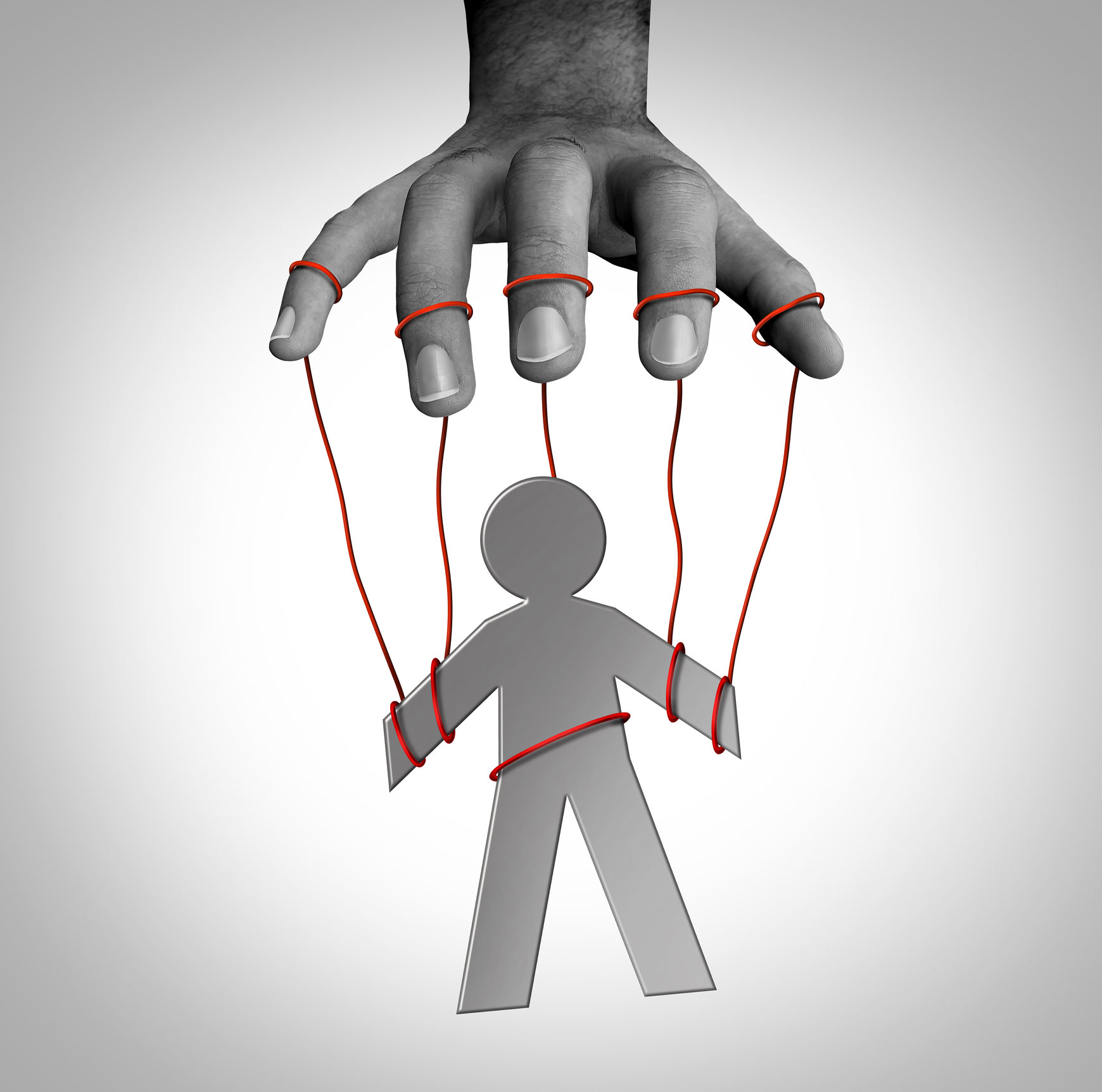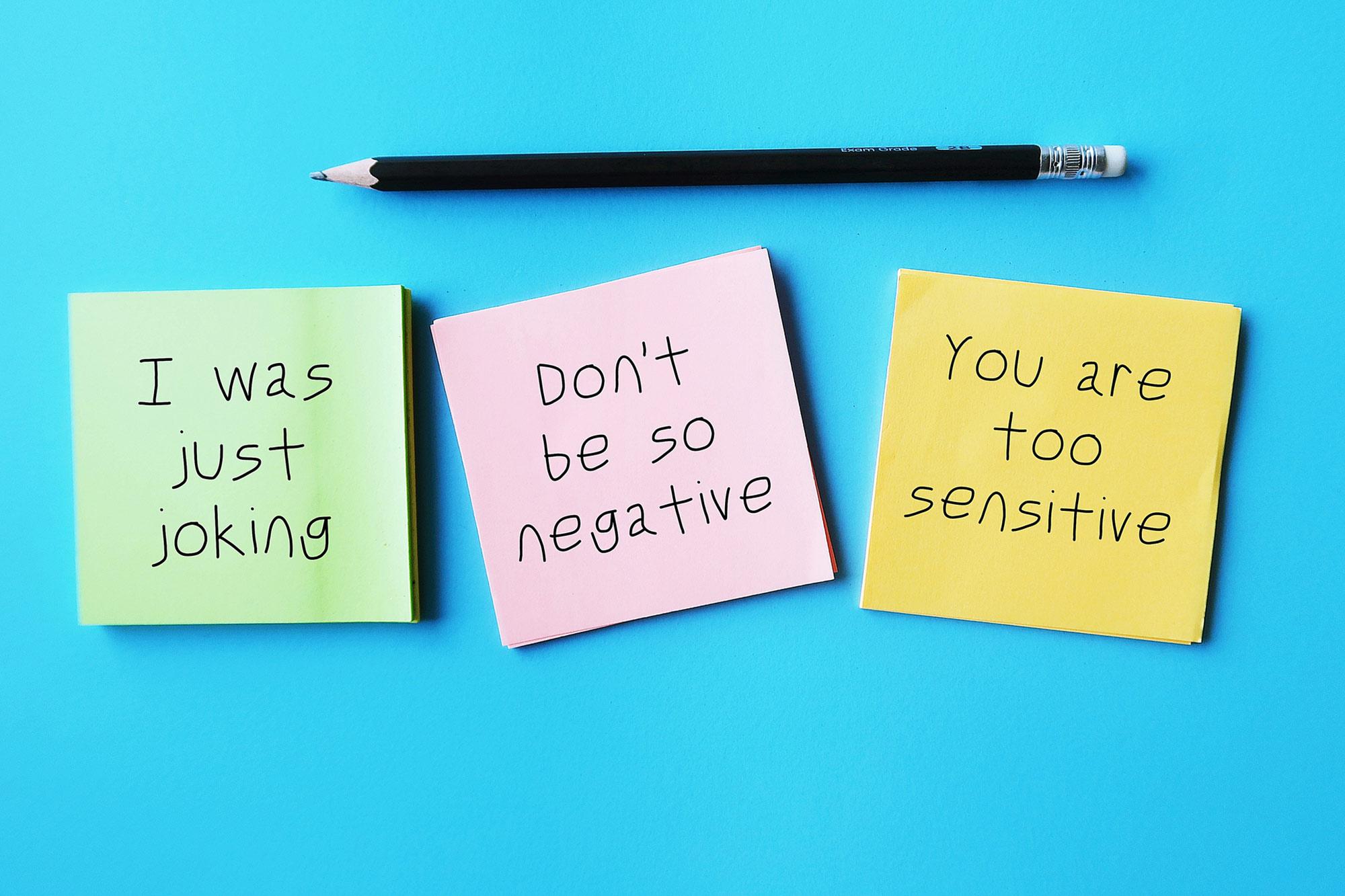Make no mistake — gaslighting is a form of abuse. It’s experiencing manipulation from someone who tries to distort your perception of reality. It often happens in close relationships, by someone you should be able to trust.
Someone who constantly gaslights you might make you feel like you’re always wrong. They can make you question your beliefs, memories, or sanity. A seasoned gaslighter can trigger anxiety or depression, fuel self-esteem issues, and eventually make you feel like you couldn’t possibly live without them.
Being gaslighted constantly can be traumatic. A gaslighter will use a variety of strategies, from manipulation to blame-shifting, to make you a victim of emotional abuse.

So, what can you do to escape the trauma of being gaslighted constantly?
Recognize the Experience
The first step to breaking the chains of trauma is to recognize that you’re being gaslighted. If you’ve been spending much time with the person doing the gaslighting, you might have difficulty recognizing the symptoms. Some of the most common include:

Frequently apologizing to that person

Low self-esteem

Doubting your feelings or perceptions

The gaslighter trying to isolate you

Confusion
A gaslighter will also likely discredit you and use any insecurities or weaknesses you might have against you, making you feel even more confused about what’s real and what isn’t in your own mind.
The sooner you recognize some of these signs, the sooner you can stop the abuse.
Lean on Your Support System
Again, it’s not uncommon for a gaslighter to try to isolate their “victim” from family members and friends. They want total control over every situation, and they might worry that others will shine a light on what’s happening.
Don’t allow anyone to cut you off from the people you love. If you’re being gaslighted, leaning on your support system can help you escape. Not only will those closest to you boost your self-esteem and remind you that your thoughts and feelings are valid, but they can be there for you if you need to physically escape the person doing the gaslighting.
Take Care of Yourself
Self-care should be a part of everyone’s daily routine. But it’s even more important if you’re being emotionally abused and trying to navigate the effects of trauma.
Self-care practices should focus on mental and physical well-being. These might include prioritizing sleep, exercising, eating a healthy diet, or journaling. Journaling can help you express your feelings, even if you don’t have anyone to talk to. It can also serve as a log of sorts if you jot down every time you’re being gaslighted.
Keep a record to remind yourself that these experiences are real. As you write everything down, try to be as detailed as possible. Your writing might be helpful when trying to explain things to your family, friends, or even a therapist.
Practices like mindfulness and meditation can also help to combat the effects of trauma, anxiety, and depression. Self-care won’t just help you feel better now, but it can give you more confidence and boost your self-esteem — a direct contrast to the way your abuser is trying to make you feel.
Seek Out Help
You might feel some guilt or shame after constant gaslighting. It’s not uncommon for trauma survivors to struggle with guilt, even though they’ve done nothing wrong and have been the victims for too long.
Don’t let shame keep you from getting the help you deserve. If you want to escape the lasting effects of trauma, a mental health professional can help. Reach out to Integrative Psychotherapy Group to learn more about trauma therapy and how we can help you move forward.


